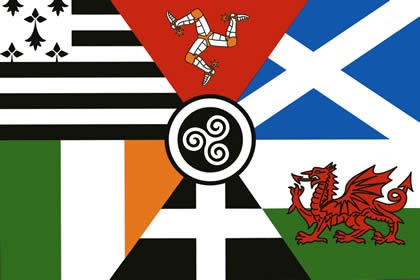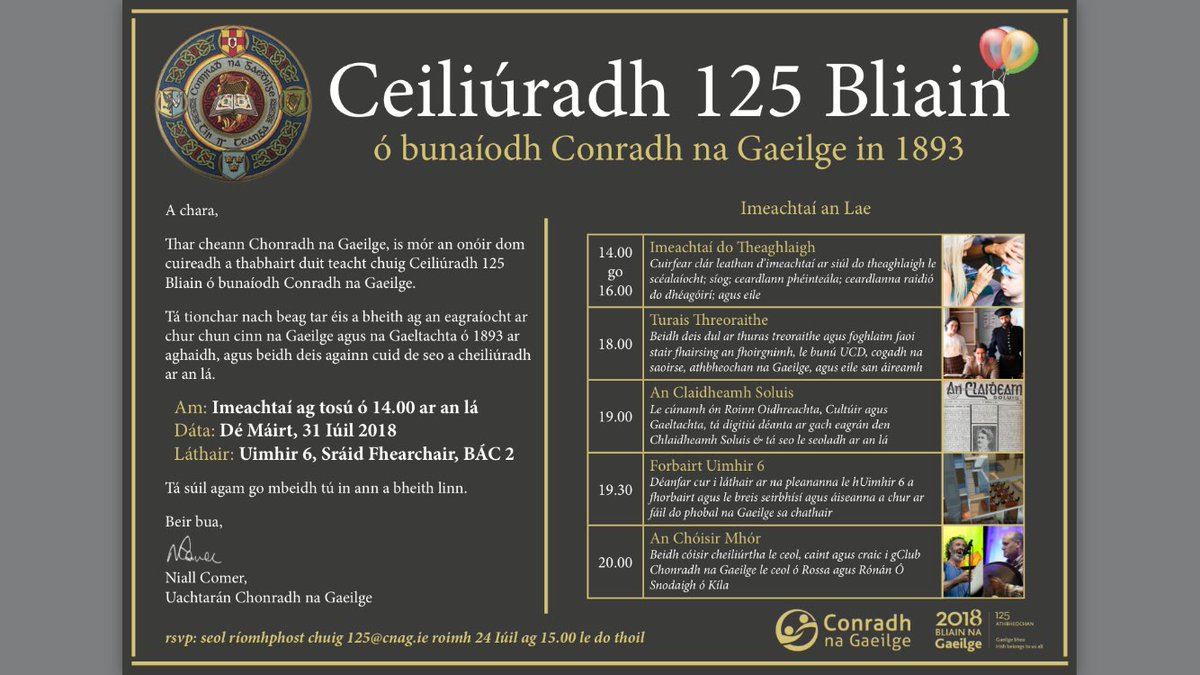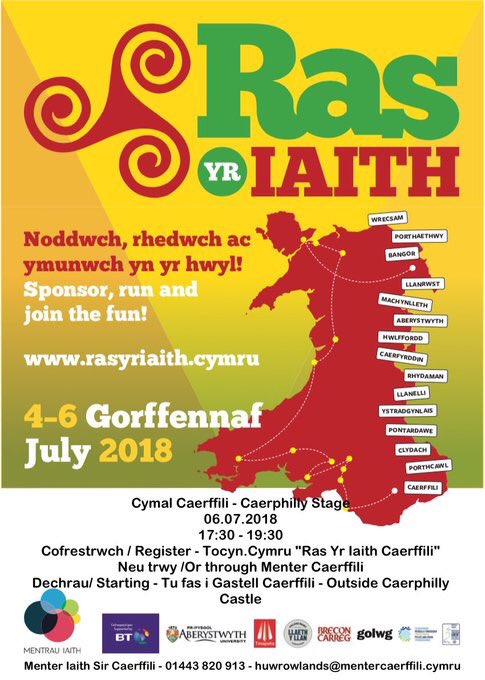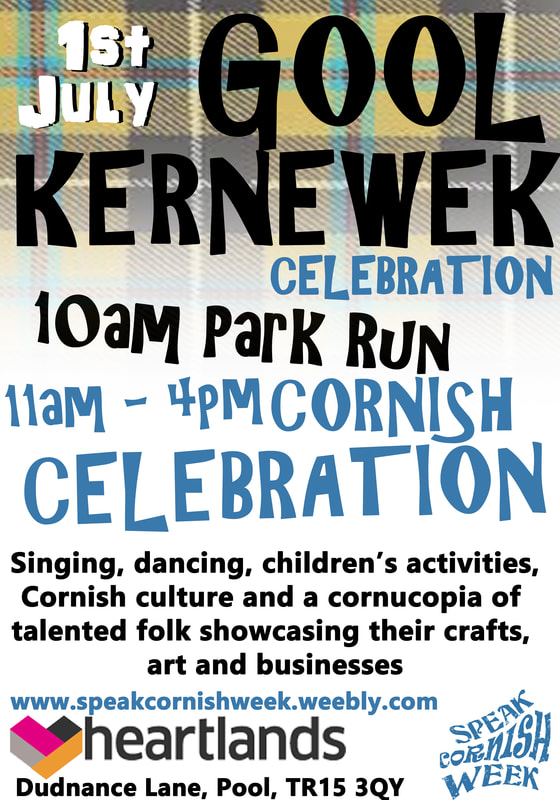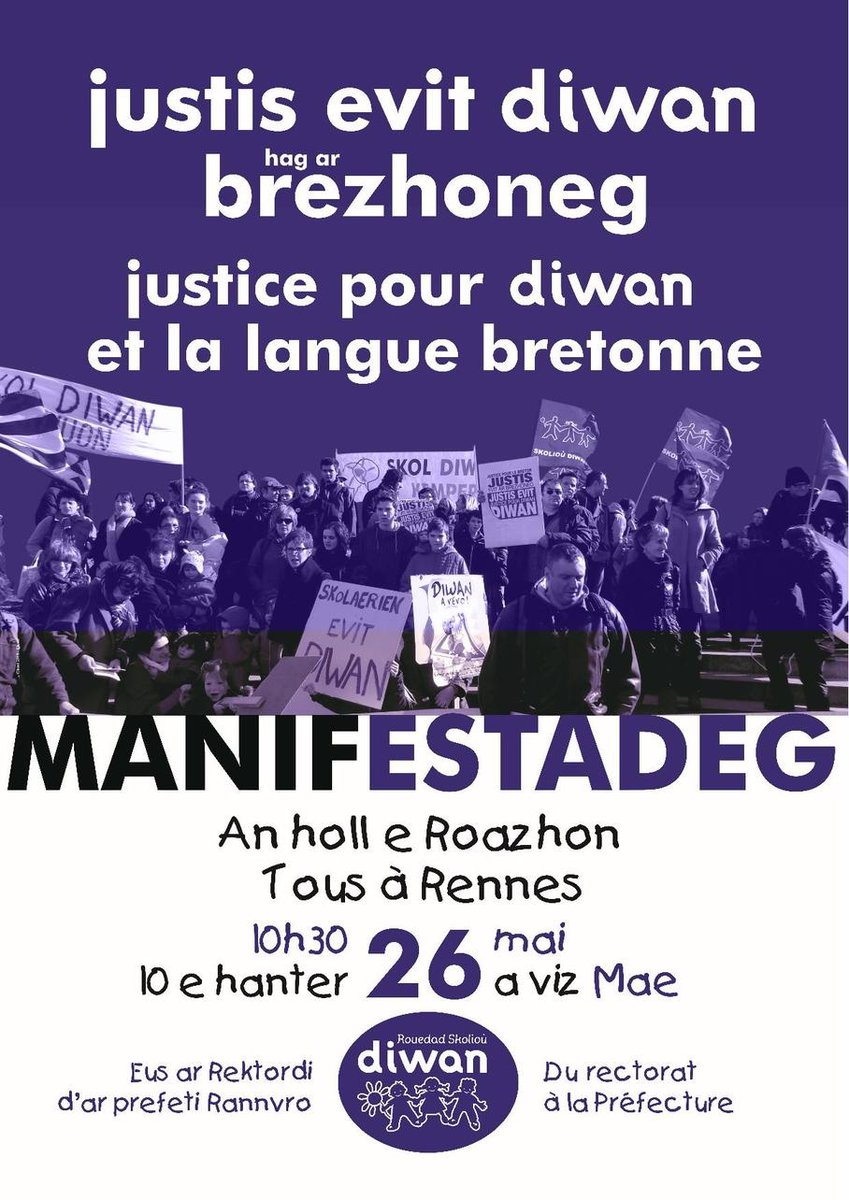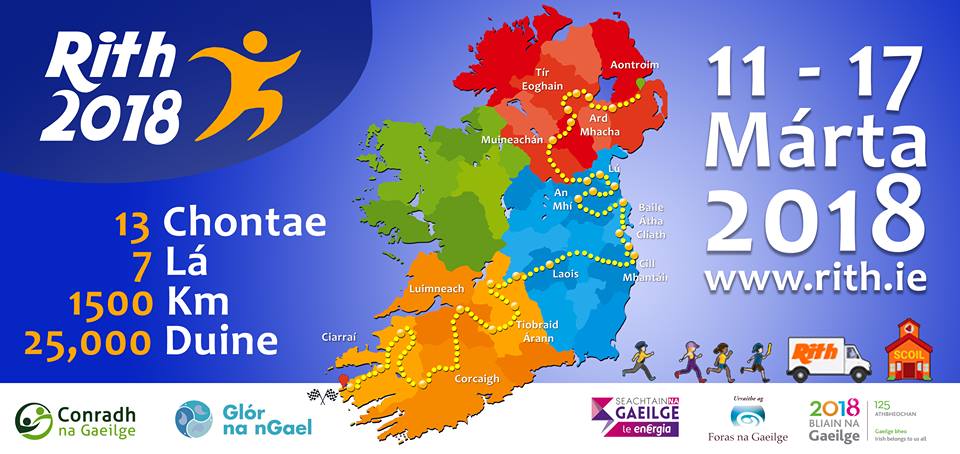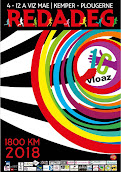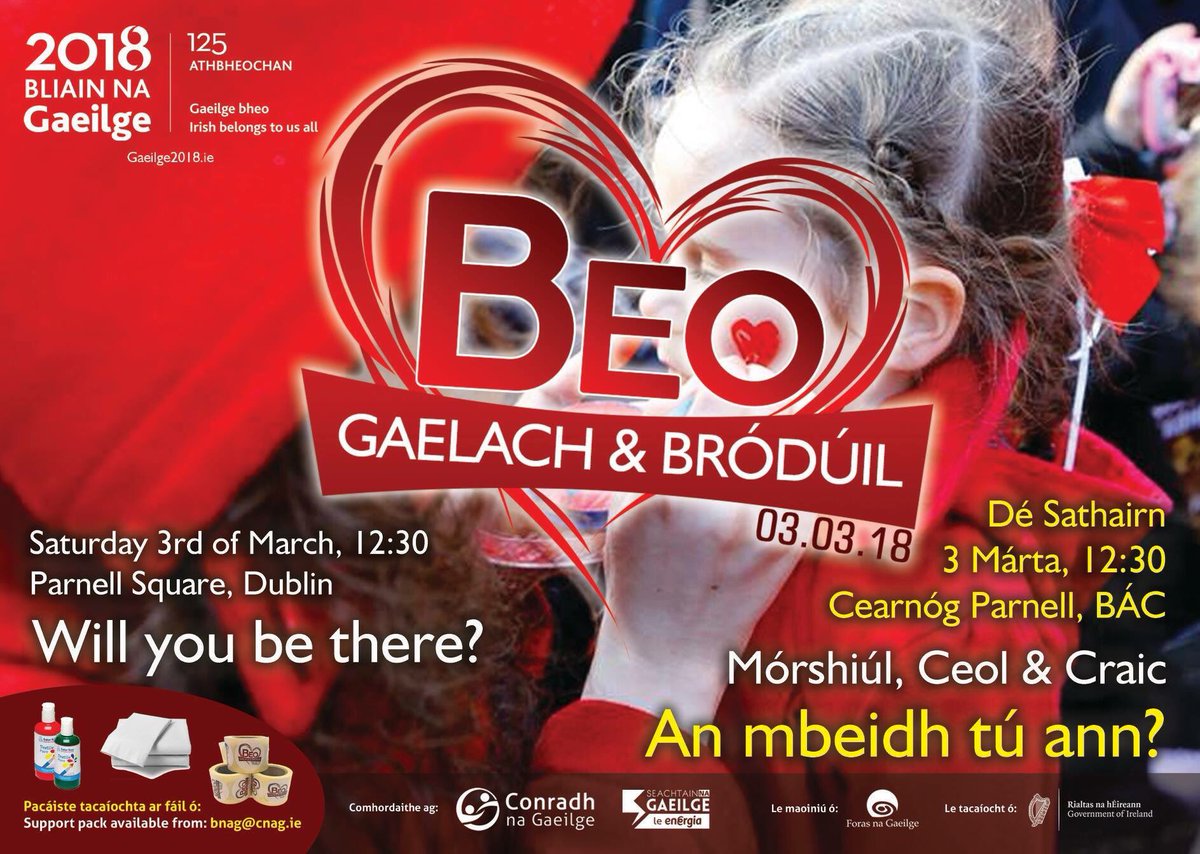(1) What is Misneachd’s mission? When and how did Misneachd come into being? Why is such an organisation necessary in modern Scotland?
Misneachd was established early in 2016 primarily to
normalise and embolden the use of our Scottish Gaelic language. Our
grassroots group aims to foster confidence, and courage,
Misneachd
in Scottish Gaelic, among its speakers and our compatriots in Scotland
to be proud of our unique language and culture. The language is
fundamental to the national, and international, image of Scotland, we
should have the confidence to use it.
We are campaigning to increase the numbers and strengthen the
abilities of Scottish Gaelic speakers through developing confidence and
normalising the use and status of the language as a living part of
Scottish identity. We are aiming to encourage a multi-lingual society
where it is not thought rude or exclusive to speak languages other than
English.

We
support and encourage speakers and learners to use the language in
informal and engaging settings. We run regular ‘Pop Up Gàidhealtachd’
nights where people can use the language in non-typical settings, with
the dual aim of increasing the appeal of Scottish Gaelic as a language
of everyday use while also demonstrating to non-Gaelic speakers that the
language is alive, vibrant and that we want to use it. These nights
have been very successful both in Scotland, and in Ireland where they
originated, and aim to break the ghettoization of the language,
historically by geography, and more recently within the education
system.
The group was inspired by, and is informally associated with, the
group of the same name in Ireland ‘Misneach’. We feel there is a lot
young Gaels in Scotland can learn from our Irish friends and we are keen
to encourage attendance at Misneach Ireland’s AGMs and various other
festivals and events,
Ní neart go cur le chéile, mar a chanas
iad! As a group we are engaged politically, with a broadly left wing
perspective and a strong belief in localisation, but we do not support
any one political party. We aim to establish branches throughout
Scotland, and potentially internationally, which are semi-autonomous and
non-hierarchical.
While progress has been made since the Gaelic Language Act was passed
in 2005, there is a feeling that Bòrd na Gàidhlig are expected to be
campaigning for and championing the language beyond their remit as a
Quango created under the Act and representing the Government and its
policies. What is required is a strengthening of the Gaelic Language
Act, an extension of it at Westminster so that it covers reserved bodies
such as the DVLA. This type of campaign must be a grassroots effort
which would result in a strengthened Bòrd na Gàidhlig, with a Language
Commissioner and a genuine charter of rights for Scottish Gaelic, Scots,
Welsh and Irish speakers. There is still no legal right to Gaelic
Medium Education despite it appearing in the SNP’s 2007 manifesto.
“We
will guarantee in law the right to a Gaelic medium education at primary
level, where reasonable demand exists, and actively pursue the Gaelic
teacher strategy.” (Pg 53)
(2) What are some examples of what Misneachd has done and how it
has responded to issues? What, in brief, are your priorities and what
kinds of issues are most pressing for the Gaelic community?

Probably the biggest impact we’ve had to date was our campaign
highlighting the lack of Gaelic in the National Museums Scotland
exhibition on Bonnie Prince Charlie and the Jacobites. The exhibition
was building on international interest in the Jacobites created largely
by the popular
Outlander TV programme which itself made a
reasonable effort to represent the majority language of the highlands at
the time. The campaign caught the attention of the public and media and
articles appeared in each of the Celtic languages as well as in French.
While the campaign was successful in raising awareness of the issue
and ensuring other public bodies in Scotland understand that there is
public interest in ensuring the language survives and is given its
rightful place in Scottish public life, it was too late to secure the
bilingual exhibition boards we would have ideally seen, and as NMS’ own
Gaelic Plan would lead us to expect. Following the campaign translations
were provided of Gaelic songs used in the exhibition and NMS arranged a
tour of the exhibition with a Gaelic speaking historian, which was
enjoyable and well attended.
Following this we have run similar campaigns to secure greater use of
Gaelic in public life, most recently submitting a petition to Bòrd na
Gàidhlig that they request SPT (Strathclyde Partnership for Transport
which runs the subway and buses in Glasgow) to prepare a Gaelic Language
Plan under the 2005 Act. While we can’t say too much about this just
now, we are optimistic that this will be successful. Scotrail station
names are all bilingual and it would be great to see this on the Subway
stations in Baile Mòr nan Gàidheal!
While these more high profile campaigns are a good way to raise
awareness and build a grass roots campaign, an important part of what we
do is in preparing responses to the multitude of Gaelic Language Plan
consultations carried out every 5 years by public bodies devolved to the
Scottish Parliament. We encourage interested parties to respond to
these but have also been preparing responses on behalf of Misneachd
which are shared on social media and people can add their names to our
response via a platform such as SurveyMonkey. This ensures maximum
response to the consultations and allows us to build pressure on public
bodies to do more to support Gaelic.
Talking about priorities, we recognise, as our sister organisation
Misneach Ireland recognise, that our languages can’t survive without
their traditional heartland communities. Our organisation is currently
largely Glasgow and Edinburgh based and we do as much as we can in these
cities and nationally to promote the language. However we are looking
to do more in the islands themselves where Gaelic’s future as a
community language is under serious threat from various demographic,
social and economic forces. We hope to highlight these, open up debate
and where necessary campaign against them. We have a number of
‘operatives’ based in
na h-Eileanan Siar (the Hebrides) and the
Gàidhealtachd (Highlands)
but ideally we’d like a Misneachd branch established locally where that
sort of grassroots movement should exist and is badly needed.
3. There are literally millions of people in North America with
Gaelic ancestry. Some of them are aware of this and take an active
interest. In fact, the heritage industry in Scotland is hugely dependent
upon their patronage. And yet the heritage industry often does a great
disservice to Gaelic by ignoring, distorting or trivialising the
language and culture. Many Canadians and Americans are very conscious of
historic wrongs and injustices in their own countries, and wish to
create a more fair and equitable world. How can people in North America
ensure that their patronage as tourists and as donors to charitable
causes in Scotland are to the benefit of Gaelic? In what ways can they
become more aware of these ongoing struggles in Scotland and be engaged
with groups such as yours?
A huge difficulty we face as Scottish Gaelic speakers is the historic
‘othering’ of the language. As you note, many people who identify as
Scottish diaspora today are of Gaelic ancestry, perhaps people forced to
leave Scotland during the clearances. Much of the ‘identity’ they
associate with, and Scots generally associate with, is drawn from Gaelic
culture, tartan, clans and surnames, bagpipes, kilts, whisky, place
names, traditional music, highland emblems and wild landscapes. The
Scottish nation was forged by Gaels and our national self-image is still
shaped by that, no matter how distant the language itself is from most
Scots today. It’s an issue we struggle with in contemporary Scotland so
it is little wonder that has transferred to the diaspora.
The Jacobite exhibition we mentioned earlier is a prime example,
Americans and Canadians drawn to their own history, potentially through
the romantic lens of
Outlander, but given a very sanitised,
anglicised view of that history by NMS. We saw recently that the William
Grant Foundation have funded a National Museums of Scotland Research
Fellowship looking to reappraise the “material culture of the highland
revival of the late 18th and 19th century” which makes no mention of a
requirement for Gaelic language skills. If those funded to examine our
history are monoglots unable to fully appreciate the entirety of
available first hand sources, it is little wonder our history is so
Anglo-centric.

There
is some great work being done in the US and in Canada by indigenous
groups supporting and reinvigorating their language communities, as well
as in support of Scottish Gaelic in Nova Scotia. It’s important we look
for inspiration and innovation abroad in our resistance to a globalised
monoculture. Catalonia and the Basque country for example have made
great strides in restoring their languages to national prominence.
We would encourage tourists to use established hotels and local
businesses rather than Airbnb rentals which are likely inflating local
house prices and taking away already scarce housing from locals in rural
areas. We are seeing more about this in the media of late, in Scotland
and internationally and it is important that tourism enhances local
economies and that communities see the benefit of this.
We would encourage support of organisations such as Ceòlas in Uist,
local organisations which support the language at the vital community
level rather than the big Edinburgh heritage organisations or official
‘clans’. We see social media platforms as useful tools for engaging with
this wider audience and the work that Gaelic USA is doing is an
important part of raising awareness and changing opinions.
Source

